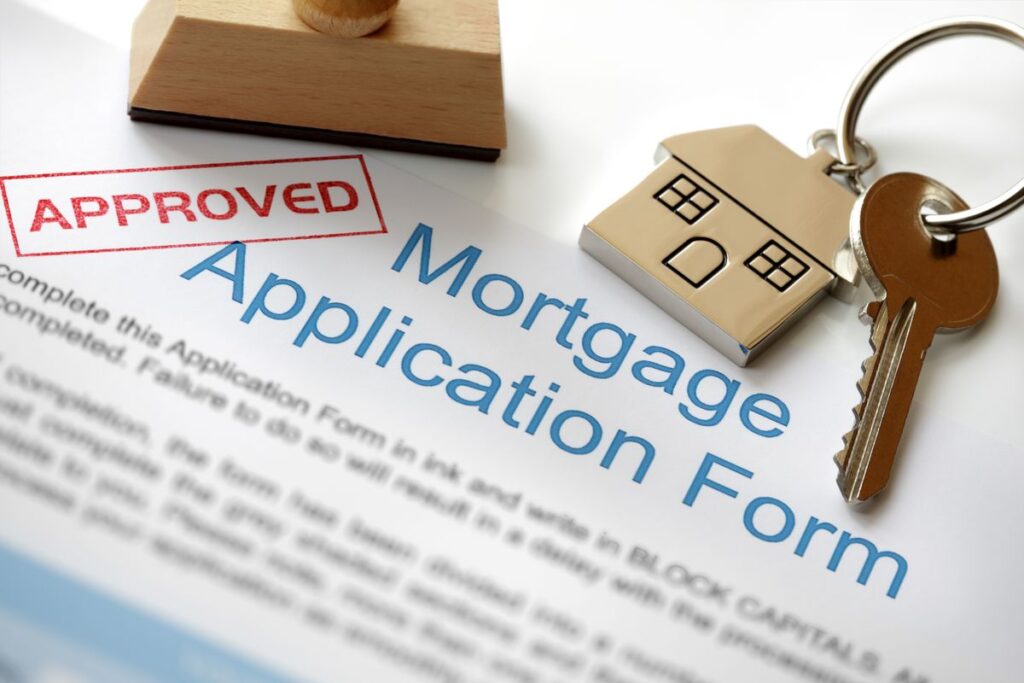Interest rates play a pivotal role in the real estate market, influencing everything from home prices to the availability of loans. As a potential buyer, seller, or investor, understanding the dynamics of interest rates can help you make informed decisions and better navigate the complex world of real estate.

Understanding Interest Rates
Interest rates are essentially the cost of borrowing money. Set by a country’s central bank, these rates influence the cost of mortgages, loans, and other forms of credit. When central banks, such as the Federal Reserve in the United States, adjust interest rates, it sends ripples throughout the economy, affecting consumer spending, business investments, and the housing market.
How Interest Rates Affect Home Buyers
- Affordability and Mortgage Payments
One of the most direct ways interest rates impact the real estate market is through mortgage rates. When interest rates are low, borrowing becomes cheaper. For home buyers, this translates into lower monthly mortgage payments, which can make purchasing a home more affordable. Conversely, when interest rates rise, mortgage payments increase, potentially pricing some buyers out of the market.
For example, consider a $300,000 mortgage at a 3% interest rate. The monthly payment for a 30-year fixed mortgage would be approximately $1,264. If the interest rate rises to 4%, the monthly payment increases to about $1,432. This $168 increase per month can significantly affect a buyer’s budget and purchasing power.
- Loan Eligibility and Approval
Lenders assess a borrower’s ability to repay a loan based on their income, credit score, and existing debt. Higher interest rates increase monthly mortgage payments, which can affect a borrower’s debt-to-income ratio—a key factor in loan approval. As a result, higher interest rates can make it more difficult for some buyers to qualify for a mortgage.

Impact on Home Sellers
- Buyer Pool and Market Demand
The pool of potential buyers shrinks when interest rates rise. Higher borrowing costs can deter first-time buyers and those on the edge of affordability, leading to a decrease in demand. For sellers, this means there are fewer buyers competing for homes, which can slow down the sales process and potentially lead to lower sale prices.
- Home Prices
Real estate markets are highly sensitive to changes in interest rates. Lower demand caused by higher interest rates can put downward pressure on home prices. Sellers may need to adjust their expectations and be prepared for longer time frames to sell their properties.
The Influence on Real Estate Investors
- Cost of Financing Investments
Real estate investors often rely on financing to purchase properties. Higher interest rates increase the cost of borrowing, which can impact the profitability of investment properties. For investors who use leverage to finance multiple properties, the impact can be even more significant.
- Cap Rates and Property Valuations
Capitalization rates (cap rates) are a measure of the return on investment for rental properties. Higher interest rates typically lead to higher cap rates, which means property values may need to decrease to offer the same level of return. Investors may find themselves needing to adjust their investment strategies, focusing on properties with higher rental yields to offset increased borrowing costs.

Broader Economic Impacts
- Consumer Spending and Confidence
Interest rates also affect consumer spending and confidence. When rates are low, consumers are more likely to borrow and spend, stimulating economic growth. Higher interest rates, however, can lead to reduced spending as consumers face higher borrowing costs and potentially lower disposable income. This broader economic slowdown can impact job growth and wage increases, which in turn affects the real estate market.
- Housing Supply
The supply of new homes is influenced by interest rates as well. Home builders often finance construction projects through loans, and higher interest rates increase their costs. This can lead to a slowdown in new housing developments, exacerbating inventory shortages in certain markets and potentially leading to higher home prices in the long term due to reduced supply.
Historical Perspective: Interest Rates and Real Estate Cycles
Understanding the historical relationship between interest rates and the real estate market provides valuable insights. For instance, during the early 2000s, low interest rates contributed to a housing boom, with prices soaring as borrowing was cheap and accessible. Conversely, the late 2000s saw a dramatic increase in rates, contributing to the housing market crash and the Great Recession.
During the COVID-19 pandemic, central banks worldwide slashed interest rates to near-zero levels to stimulate the economy. This led to a surge in housing demand, as buyers took advantage of historically low mortgage rates. However, as the economy recovered, concerns about inflation prompted central banks to raise rates again, leading to adjustments in the housing market.

Strategies for Buyers, Sellers, and Investors
- For Buyers
- Lock in Rates Early: If you anticipate rising interest rates, consider locking in your mortgage rate early in the home-buying process to protect against future increases.
- Explore Adjustable-Rate Mortgages (ARMs): While riskier, ARMs can offer lower initial rates, which might be beneficial if you plan to sell or refinance before the rate adjusts.
- For Sellers
- Price Competitively: In a rising interest rate environment, competitive pricing can help attract more buyers.
- Be Prepared for Longer Sales Cycles: Higher rates can slow the market, so be prepared for a potentially longer selling process.
- For Investors
- Focus on Cash Flow: Prioritize properties with strong cash flow to ensure they remain profitable even with higher borrowing costs.
- Consider Refinancing: If you have existing investment properties, refinancing before rates rise further can lock in lower costs and improve profitability.
Conclusion
Interest rates wield significant influence over the real estate market, affecting buyers, sellers, and investors alike. By understanding the dynamics at play, you can better navigate the complexities of the market, making informed decisions that align with your financial goals. Whether you’re buying your first home, selling a property, or investing in real estate, staying informed about interest rate trends and their potential impacts is crucial for success.








